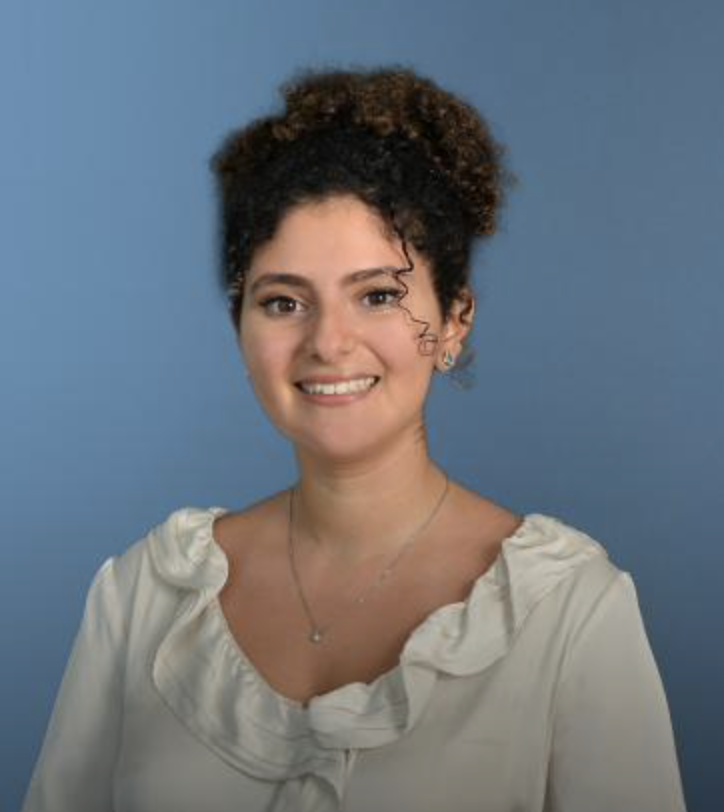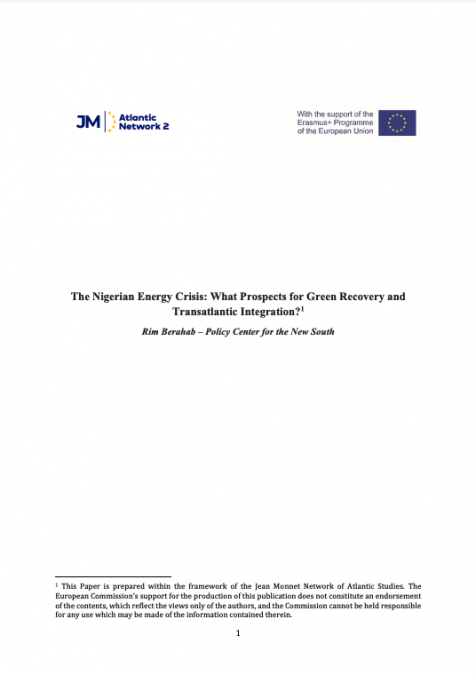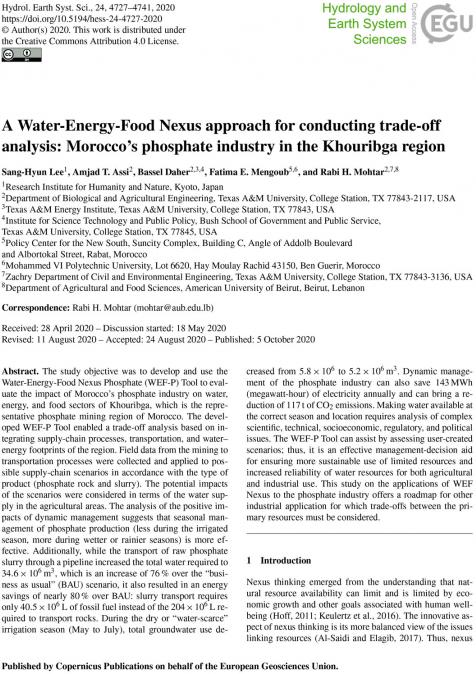In this episode, Sabrine Emran talks about the prospects of the energy transition in the Atlantic region and the potential for partnership across the Atlantic in order to foster a reliable and efficient energy transition in the region.
Speakers

Youssef Tobi
International Relations Specialist
Tobi Youssef has joined the Policy Center for the New South in 2017. He is currently working on Politics and Governance in the Maghreb Region; his areas of expertise are geopolitics, political risk and nation building. Youssef Tobi obtained a Master Degree at Sciences Po Lyon where he wrote two thesis on “ the role of Moroccan Bank in Africa, a non-state actor in service of the Diplomacy” and the“ Chasm between the mediatic and associative representation of refugees : a case study”.
Prior to working at the Think tank, Tobi Youssef participated in a Social Entrepreneurship Project in Beirut, Lebanon and conducted an internship in a NGO based in Marseille where he assisted refugees and helped raise funds.
...

Sabrine Emran
Economist
Sabrine Emran is a Finance graduate specializing in financial markets and commodities. She holds a Grande Ecole master’s degree in Management from IESEG School of Management and ISCAE Group, as well as a Specialized master’s degree in Financial Markets from Paris Dauphine University and ENSAE ParisTech. Sabrine Emran started her career in investment writing and product development in the asset management branches of insurance companies and investment banks in Paris, working mainly on alternative investment asset classes. She was also recently a commodities analyst, focusing on risk management strategies for energy and agricultural commodities as well as foreign exchange risks. Sabrine Emran joined the Policy Center for the New south in September 2022 as an economist where she ...









